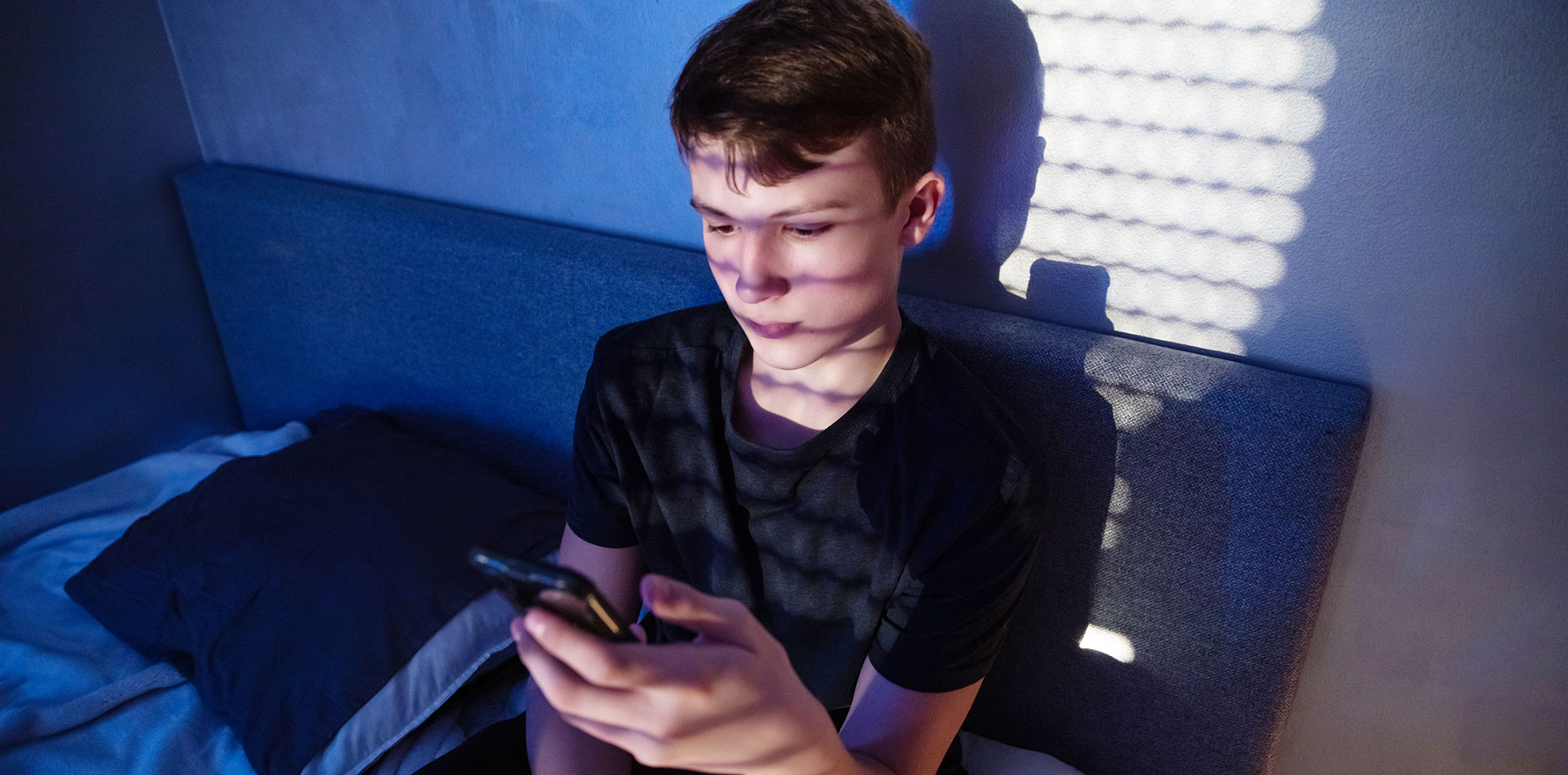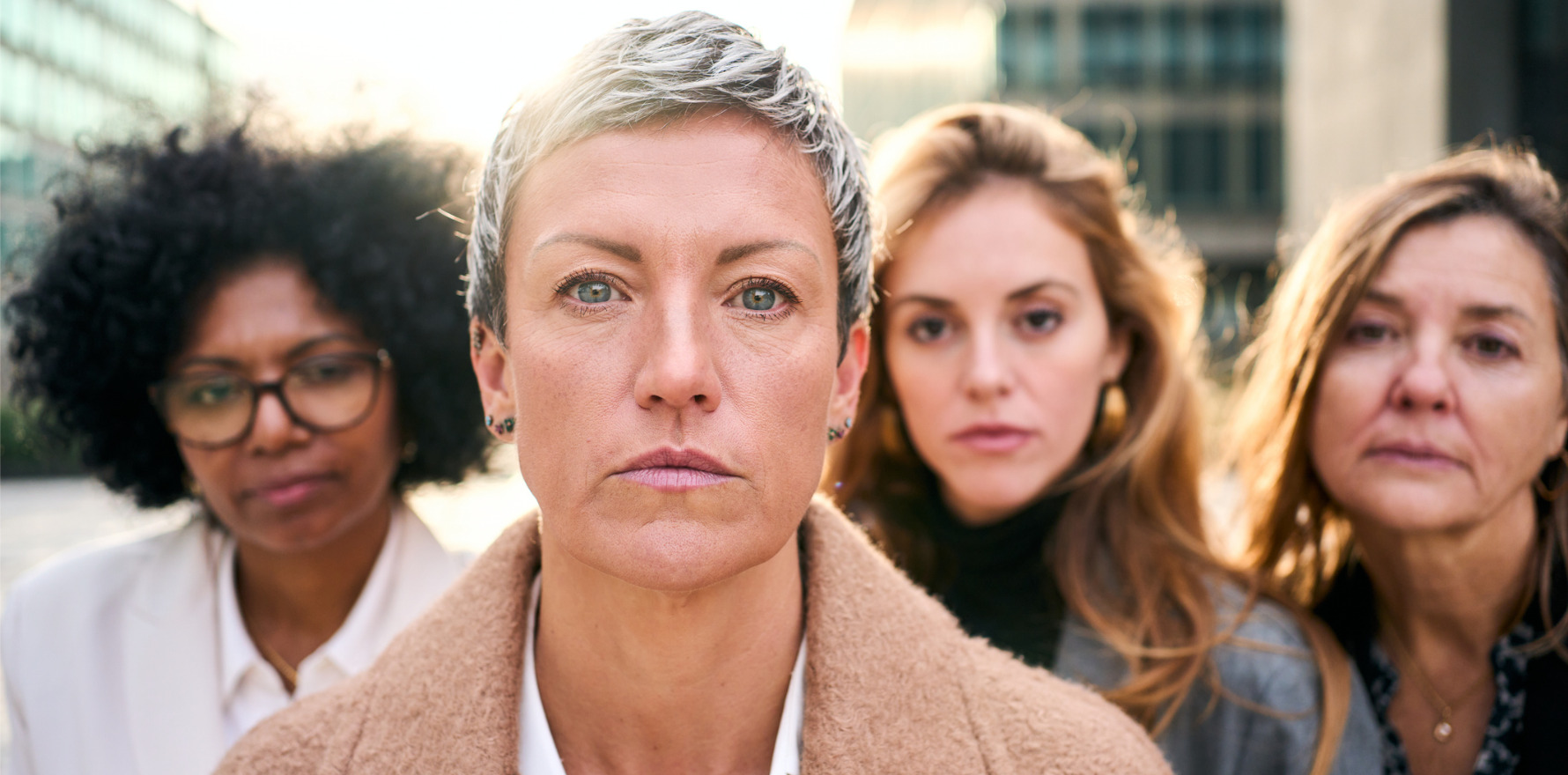Do we really need television to show us the evil consequences of being stuck to our devices all day?
I haven’t seen Adolescence.
To be honest, I haven’t seen most things, because I don’t enjoy television very much. But I have heard others gush about the cinematography, the acting, the screenwriting of Adolescence, as well as the dark theme and starkly confronting reality of what teenagers face today, having grown up under the lights of the internet and social media.
I saw a clip of a UK television host trying to vilify a passionate, grounded politician for not having watched the show, insisting it was a public duty to learn about these issues. The politician pushed back, gently and repeatedly saying this was a work of fiction, not a documentary, and these were not issues unknown to her.
As someone who spent hours talking directly to young people, she understood perfectly well the threats described in the drama.
I feel the same way. I’m not sure that a television show is going to be particularly instructive about the harms faced by teenagers today because, just to remind, I’m a GP. I’m a young GP with a young patient population and you can bet that at least once a week I see a teenage girl who was sexually assaulted by a male student at school, or a young, sensitive child who is so friendless and lonely that he is school-refusing every day and crying every morning.
A few years ago, I had an eight-year-old who was so horrifically bullied for being chubby that she was suicidal. I remember pleading with child psychiatrists, who were so overworked during the covid lockdowns they flat-out closed their books, to please, please, please see this child, please.
As a millennial woman in my mid-30s, I grew up during a technological revolution. The family home had dial-up internet when I was in primary school, and we could only use it when our parents were not expecting phone calls on their landline. Most homework was done using library books or the collection of Encyclopaedia Britannica that we had at home. I got my first laptop in secondary school, and that was only because I moved to a private school that mandated it. My first iPod came into my life at 17 and first iPad at 25 – both were graduation gifts from my parents.
Initially I joined social media in first-year medicine because that was the expected way to stay connected to high school friends, but by early HMO years I had quit it all. I lost touch with hundreds of old friends and colleagues, missed wedding photos and birth announcements and thank God, honestly, I was so sick of that shit.
It wasn’t a curated medium with literary discussions or beautiful poetry or reflections on personal growth – things that deeply nourish me and satisfy my soul – it was an unspoken competition of 20-something-year-olds proving they were successful by showing off their first home, their first wife, their first child. Look, look at my life, isn’t it perfect? Isn’t it fascinating? Isn’t it different and exciting and don’t you want to celebrate it with me?
No, but inevitably you get caught up in it and start competing, too.
Related
What a bizarre, exhibitionist activity to share personal photographs with the unending universe of the internet. You lose control of the story and of where your face ends up, until through screenshots or forwards, some creepy man in some creepy dark room may be staring at pictures of you or your children, while friends who are really not your friends compare their lives to yours, deriding you – your appearance, your clothes, your smaller achievements – from the other side of the screen.
I, like many writers, frequently discuss my job, my parents, my culture, my friends. But you will see there is plenty that I don’t write about, because it’s too important and private for the wider world, for you, the reader who is not known to me, to know.
Of course, there are people who will curate their social media equally tightly, with just a small circle of family and friends, five or six followers perhaps, and feel secure that their images and stories and photographed poses will be held carefully and sensitively in the hands of their loved ones.
But how many young people have the confidence, introspection and ability to do that?
Even toddlers who can’t yet walk are using iPads daily. There are laptops in every room of the house, and find me a person under 80 without a smartphone.
There is no technological respite in our lives. People are checking phones immediately on waking, even before greeting one another or using the bathroom. Phones are carried into toilets, into showers. All day, computers are used at work, at school, at home.
When the day has ended and the students have finished with homework on their medium-sized screens, the families will sit together or individually, all scrolling Instagram, Facebook, Netflix on their small screens while late into the night the television remains on, telling story after story, each darker than the last.
What do you do for fun, what are your hobbies? I ask all my patients. Please say painting, please say crochet, please say netball, I pray. Please tell me something other than TikTok and watching television. Please describe to me a life that is rich and meaningful, cooking nights with friends, gardening, or surfing in the cold ocean water. Babysitting your nephew. Sewing dresses. Playing pool.
Is it possible to also live that life without collecting evidence, without photographing it and sharing it on your social media in hour-by-hour and day-by-day updates to people who truly don’t care?
If we quit all our social media, and get rid of our televisions, what remains will be life laid bare. The truth of the potential we had wasted but now reclaim. Space and time to read, to write, to travel. To create original content for our existences instead of perving on and envying another’s. To become confident, self-assured, happy people that might make better decisions that hold true to our own values.
Imagine what that might look like for adolescents: lives full of activities and hobbies and interaction and conversation instead of constant attachment to screens.
That will take commitment.
It is the adults who need to move first, acknowledging that we did not grow up that way, we had the freedom of the sun and outdoor play and limited or no time on the internet. How can I expect my teenage patients to give up screen use when their parents use it even more? The hypocrisy is painful, but how to delicately say this to families?
So, my problem with Adolescence is that people are learning of these issues from a television show. From yet another screen. Instead, you could be having conversations with Real Life Adolescents, giving them space and validation for their opinions and experiences, giving them human connection instead of chats on a screen, and doing everything you can to make the world a gentler, kinder, more authentic place.
Instead of doing that, we’re just recommending each other to watch a television show, to spend even more time on a screen, however artistic and beautiful the show might be. Then we lament that the world is a dark place for young people. No shit.
Dr Pallavi Prathivadi is a Melbourne GP, member of the Eastern Melbourne PHN Clinical and Practice Council, and GP Lead of the RACGP Academic Post cohort support and education program. She holds a PhD in safe opioid prescribing and was a Fulbright Scholar at the Stanford University School of Medicine. She is studying creative writing at Harvard University’s Division of Continuing Education.





